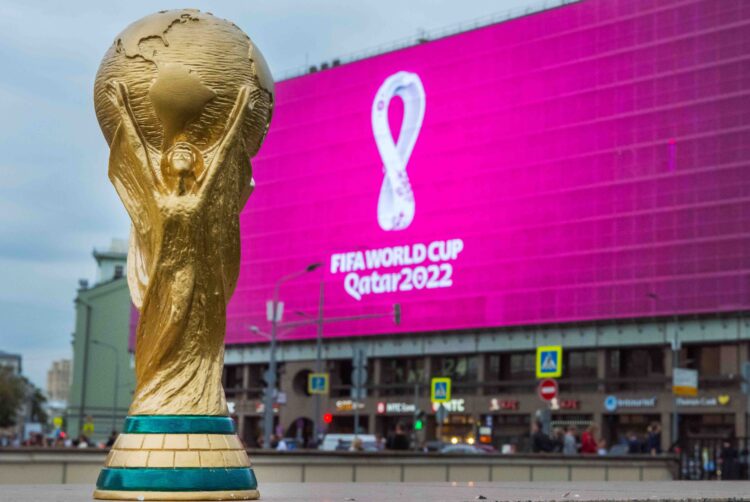Why a Winter World Cup in 2022 is the biggest ad opportunity in a generation


How can brands navigate a festive World Cup and capitalise on a big year in sport?
This was the big question posed to marketers and media-agency execs at Mediatel’s Future of Brands event.
The World Cup’s late November kick-off could prove to be an expensive distraction from traditional Christmas TV campaigns for marketers, a panel of experts from Vodafone, Asahi and SNTV heard.
Lisa Walker, head of media and sponsorship at Vodafone, explained how shifting the date of the global football tournament, set to take place in Qatar this winter, might impact on festive ad strategies.
“I think Christmas will end up starting early, but that means TV inflation will start earlier too,” Walker said. “There are concerns around the cost of media, but also how brands can cut through… you have to consider whether the audience will be in the right mindset and whether your message will land amongst other advertisers.”
However, James Dobbs, Managing Director of sports video news service SNTV, argued there may be a silver lining, as the World Cup scheduling change gives other sporting events the space to shine.
“Usually, the summer is suffocated by the World Cup,” said Dobbs. “Without it taking place in the summer now, it frees up opportunities for some extra activation around… the Commonwealth Games or the Women’s Euros.”
Panel chair Caroline Ayling, marketing director at media agency John Ayling & Associates, said the growing popularity of women’s sports offers huge scope for brand awareness and activation.
Ayling told the event: “Tickets for the Women’s Euros final sold out within an hour this year, and Women’s Six Nations events have been selling out premiership grounds.” So how are brands responding to these opportunities?
“We are very clear from a media perspective, and I think it’s the same for most brands now, that there’s no way we’re just targeting men,” commented Ross Sergeant, global head of media, Europe and international, at beer brand Asahi. “The perspective that only women will watch women’s football… is just so wrong.”
Vodafone’s Walker agreed, saying, “I think increasingly, brands like ourselves are saying if it’s not for men and women, we’re not interested.”
According to SNTV’s Dobbs, women’s sports also have the potential to provide more exciting partnership opportunities for brands. “Women’s sports tend to be more open, collaborative and eager to work closely with brands, so they can get access to their assets and do more creative things with them.”
